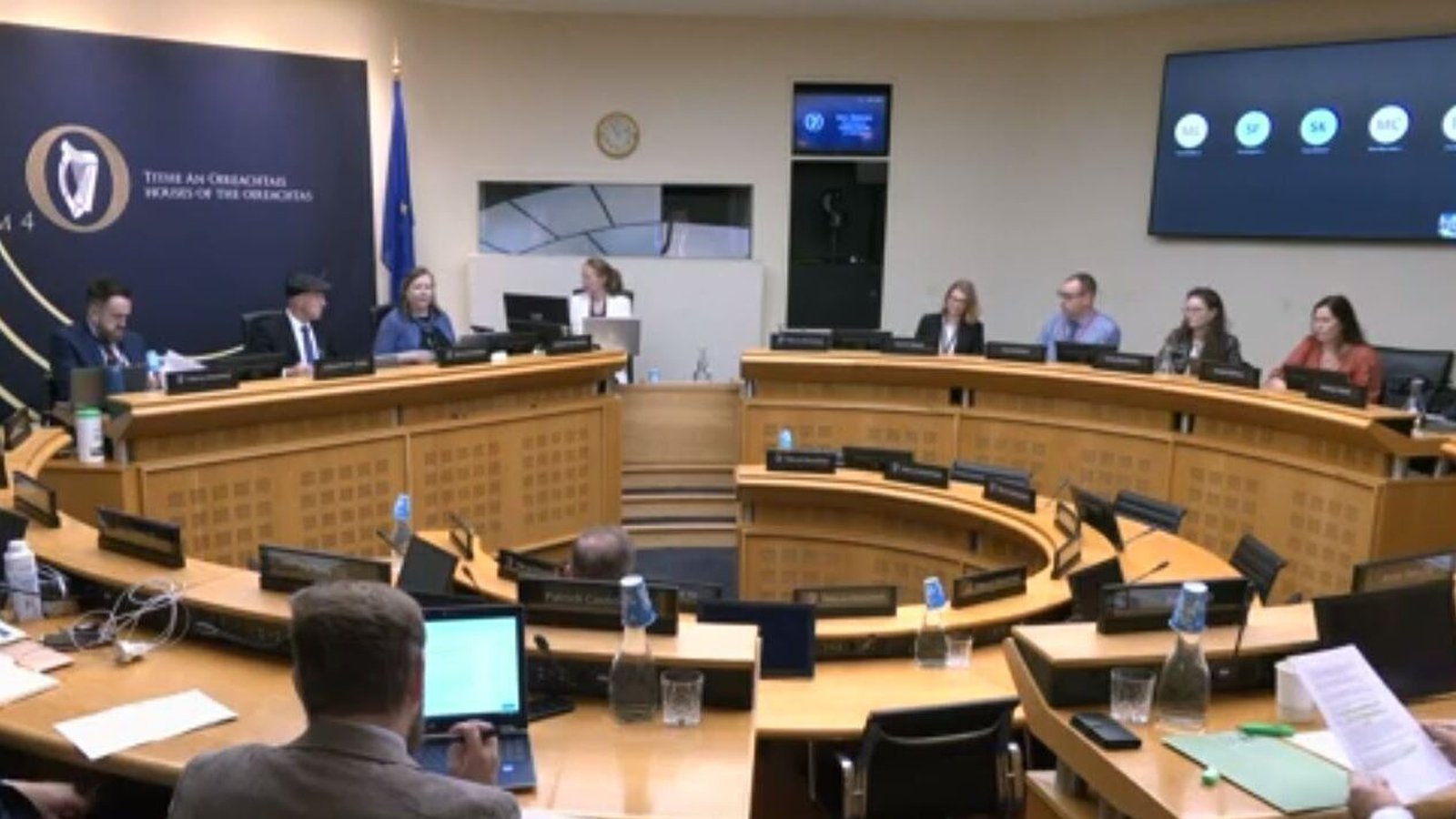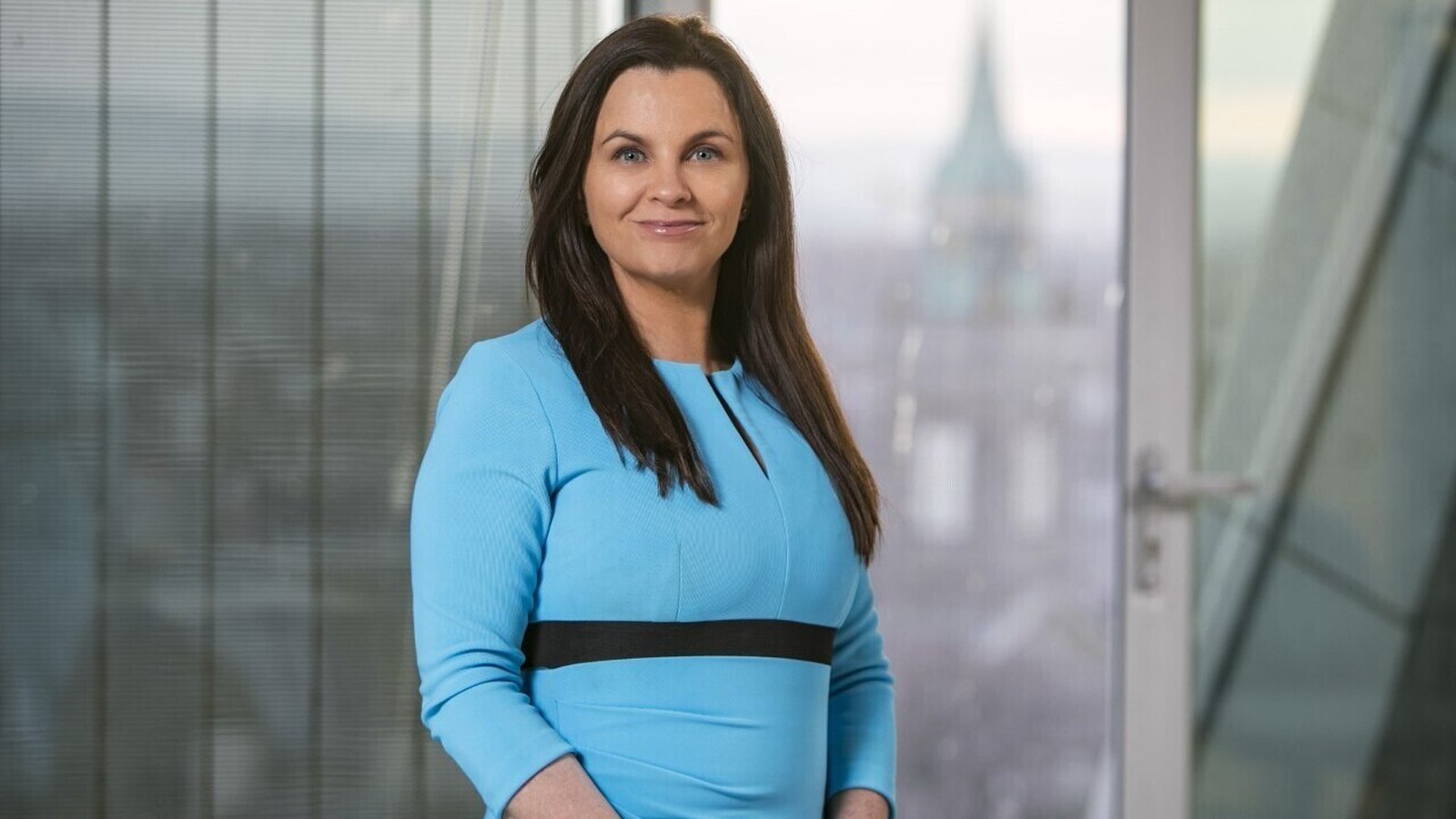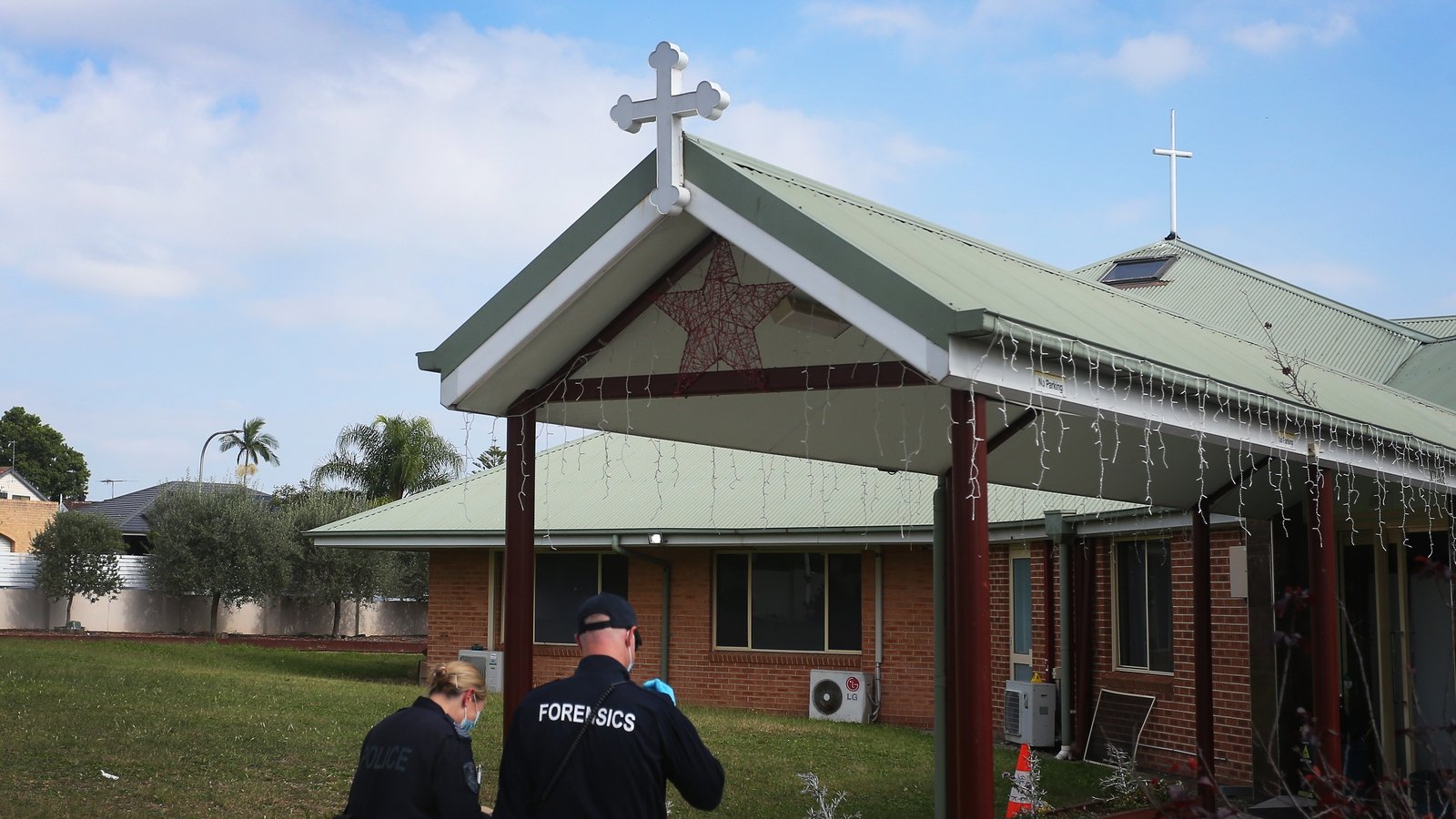Danish ethics council to address Assisted Dying cttee


The Oireachtas Joint Committee on Assisted Dying will hear today why Danish National Council on Ethics voted last year, by a majority of 16 to 1, not to recommend its introduction.
In an opening statement, Professor Merete Nordentoft said: “We do not believe that legislation can be developed which will be able to function properly” and “expressed concern … about the ability to adequately monitor and restrict the practice and possible expansions.”
The Council arrived at that conclusion, she said, “particularly based on findings of developments in broad regimes of assisted dying.”
Prof Nordentoft said the Council had adopted a twin approach: firstly, a review of the most important ethical arguments for and against assisted dying; secondly, an examination of two different models for assisted dying such as patient operated dying, as implemented in Oregon, and medic operated dying as operates in the Netherlands.
The Council concluded that “… it is crucial to be aware that if you legalise assisted dying, it is above all the model that determines the consequences.”
Prof Nordentoft added: “In the Netherlands, which allows euthanasia and has no requirement for terminal illness, the number of people who die through assisted dying is 10 times greater than in Oregon, which only allows assisted suicide and requires a terminal illness.”
She said the Council decided “… an institutionalisation of assisted dying therefore risks threatening the principle that we have the same claim to respect and dignity, regardless of how much we suffer and how high the quality of life is assessed to be. If we offer assisted dying, it says, directly or indirectly, that some lives are not worth living.”
Prof Nordentoft said she supported the majority Council view, and that members believed “… the only thing that will be able to protect the lives and respect of those who are most vulnerable in society will be a ban without exceptions. We argue that assisted dying risks causing unacceptable changes to basic norms for society and healthcare.”
She said the Council did also stipulate, however, that “… patients should not be kept alive at all costs by providing life-prolonging treatment in situations where the patient is irreversibly dying. Treatment options must not be used to keep patients alive beyond the limit of what is meaningful.”





